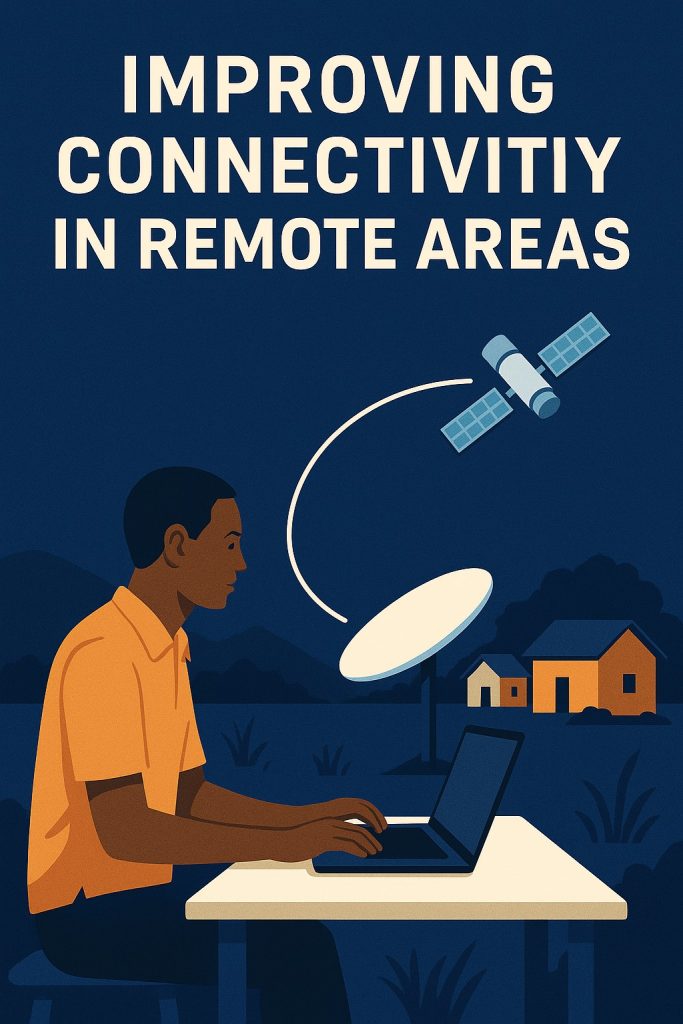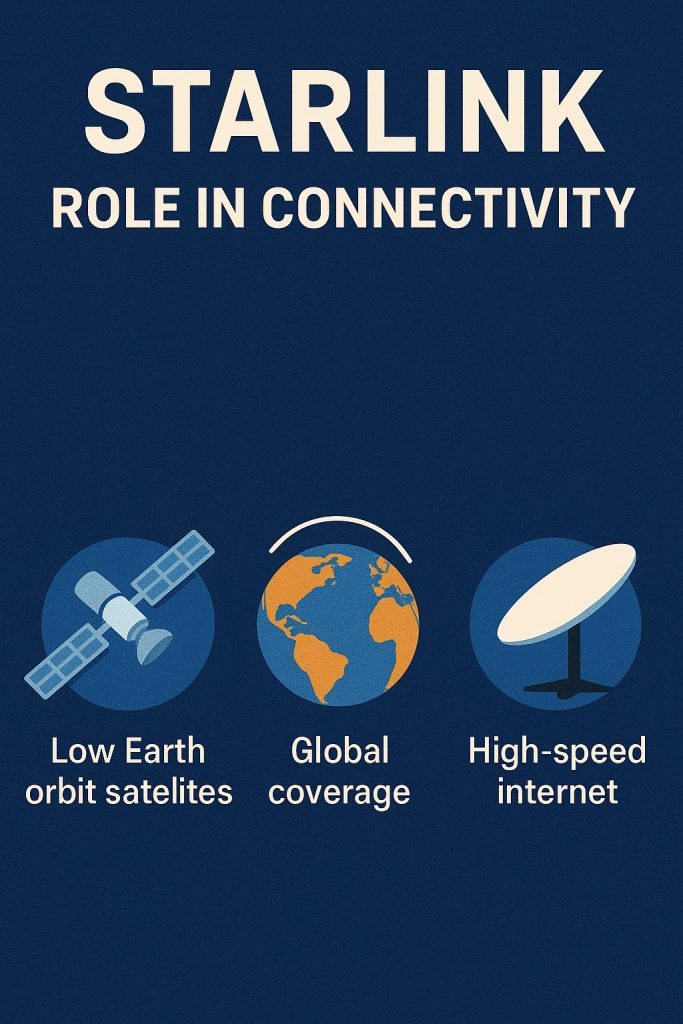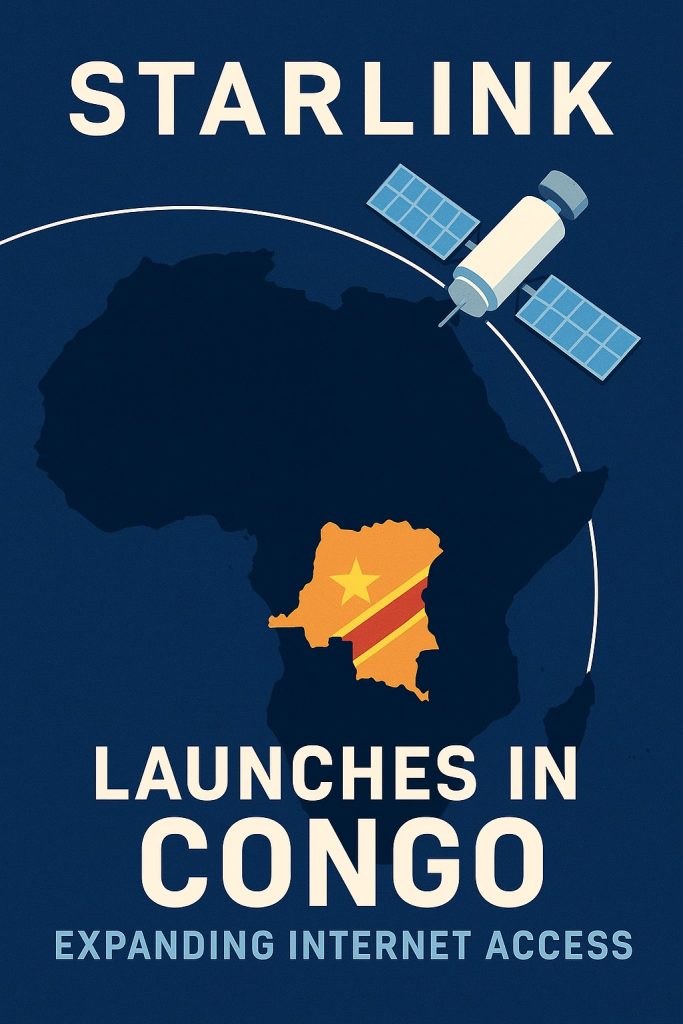Introduction: A New Chapter for African Connectivity
Access to the internet is a major challenge in many parts of Africa. For millions in the Democratic Republic of Congo (DRC), connectivity is limited or unavailable. However, a major shift is underway. On May 2, 2025, Starlink officially received a license to operate in the DRC, reversing a government ban from 2024.
A Reversal That Signals Progress
In 2024, the Congolese government banned Starlink services due to regulatory concerns. Officials cited national security and compliance issues. However, with rising demand for digital inclusion, they re-evaluated the decision. The result? A landmark approval for Starlink.
According to Reuters, Starlink’s license will allow it to begin services in the coming days. This aligns with Africa’s growing push for improved digital infrastructure. Other nations, including Somalia and Lesotho, have already welcomed Starlink.
Why This Matters for the Democratic Republic of Congo
The DRC has a population nearing 100 million. Yet, only about 30% had internet access as of 2023. Traditional infrastructure—fiber optics and towers—remains difficult to install in remote regions.
This is where Starlink stands out.
The company uses low-Earth orbit satellites. These satellites send internet signals directly to compact, user-friendly terminals. This allows rural and underserved areas to connect without needing government-managed infrastructure.
More people can now access online learning, telehealth, and mobile banking. That’s a major improvement in daily life.

Part of a Larger Mission Across Africa
This isn’t just about Congo. Starlink’s expansion is part of a broader mission: global connectivity. The company has been increasing its presence across Africa at a steady pace.
It also supports the African Union’s Digital Transformation Strategy. That strategy aims to connect everyone in Africa by 2030. Starlink’s technology may help achieve that ambitious goal sooner.
As Business Insider reports, big tech companies are pouring billions into digital infrastructure. The timing of this license could not be better.
Remaining Challenges on the Ground
While promising, there are still obstacles to overcome.
The biggest issue is cost. Starlink terminals may be too expensive for many in low-income areas. Without subsidies or partnerships, affordability will be a barrier.
There are also concerns about data privacy and digital literacy. Governments must work with Starlink to ensure access is equitable and secure.
Still, the momentum is building.
Conclusion: A Step Toward a More Connected Africa
Starlink’s license approval in Congo is more than a business deal—it’s a leap forward. It brings hope to communities long disconnected from the digital world. While challenges remain, the benefits of accessible internet are clear.
With the right support and infrastructure, this move could change lives.

To explore further:

